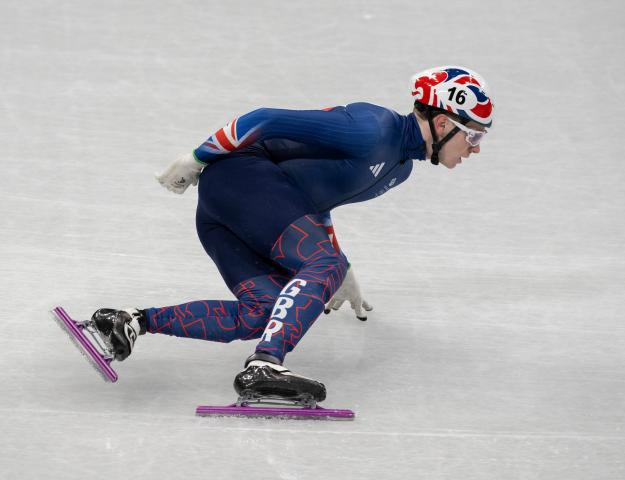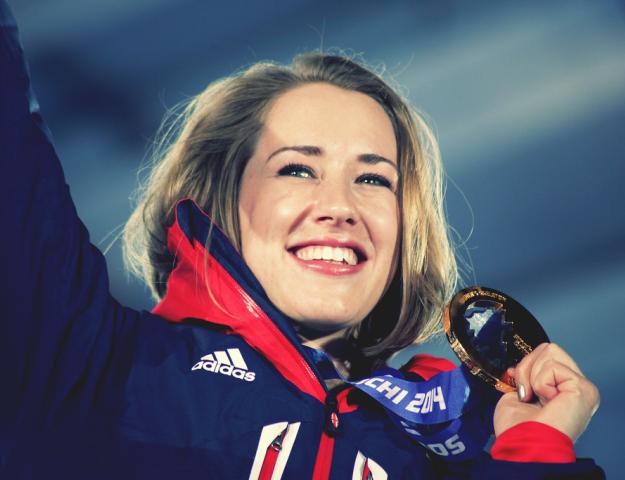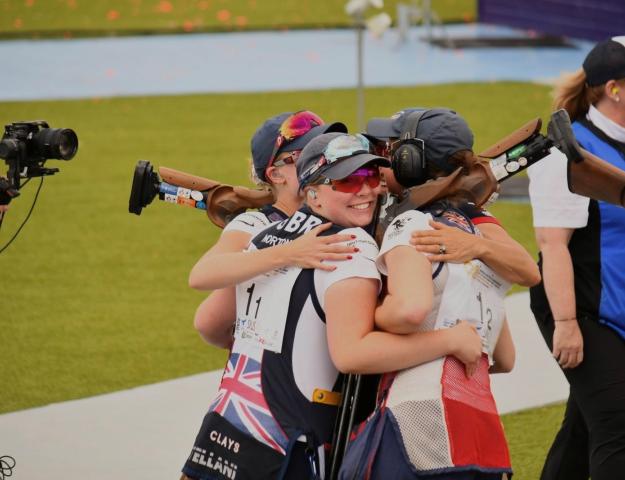- HOME
- NEWS & INSIGHTS
- THOUGHT LEADERSHIP
- what-accessibility-and-inclusion-means-me-tanni-grey-thompson
Baroness Tanni Grey-Thompson DBE DL, an 11-time Paralympic gold medallist and tireless campaigner in the worlds of sport and disability rights, shares with us what accessibility and inclusion means to her as she reflects on her own experiences….
“I went to a very sporty school that supported physical activity. My family were really sporty so they thought it was good for me to be active. I was lucky that I had quite a lot of stuff around me.
“I went to a mainstream comprehensive but there was a special school next door, so there were lots of other people to take part in PE lessons with or to take part in after school clubs. From quite a young age I was competing against other wheelchair users.
“I think growing up in south Wales was a real benefit because of the network of coaches. I grew up in Cardiff but joined Bridgend Athletics Club. We didn’t have great facilities but the coaches there were really willing to work with wheelchair users, so it wasn’t that difficult as a teenager.
“Some of the challenges probably happened a bit later on when I started moving around the country, living in other places. Different clubs had not always had quite as open an attitude about having wheelchair users join, but I think by then, because the early years were so positive, it was much easier for me to do the things I wanted to do.
“The real massive change in coverage came in the 1992 Paralympic Games in Barcelona. Helen Rollason, who was a presenter for Grandstand, came out and so did loads of other journalists. There was lots of coverage back in the UK and I think by Sydney there were daily programmes on the BBC.
“London 2012 moved that on another step but I think social media coverage has been the biggest thing recently, because you can have a conversation around other times about disability sport, not just at the same time as big events.
“That’s really important for young disabled people to see, not just at World Championships and the Paralympic Games, but on a week-by-week basis or able to watch how athletes train.
“It’s not been a one-way trajectory, it’s not just been a steady growth - there’s been lots of ups and downs in that. There’s always a yin and yang with these things. 2012 was a stunning Games but it didn’t change the world for disabled people - there’s a lot of things around disability rights that we still need to work on.
“There’s loads of really great inclusive sports clubs, but I’m still having conversations with people who are like ‘do we really have to include disabled people?’ And, I’m like ‘Yes, you do!’. There’s a lot more that we need to do to make sure that you can go to your local club and do sport.
“There are some considerations you need to take into account in terms of disability impairment, but it’s about not letting that put people off. That’s an area I work in now, so I think there’s different challenges in terms of young people wanting to play sport.
“It’s really important that everyone has the opportunity to be active, and I think the sports side then starts looking after itself after that. It’s that basic opportunity to be active that’s really important.
“When we talk about sport we always talk about competitive and organised sport. Actually what I think we mean is more on physical activity and the wider sense of it. It’s about making sure we get the offer right in schools, reaching out to returners who have maybe dropped out of being active. It’s really important how we talk about how everyone can be as active as they can be.
“It's about valuing everyone who want to be a part of it and be active, and I think there’s loads more we can be doing to help young athletes on pathways find ways of engaging them that’s interesting.
“It’s about not putting people off before they’ve had the chance to do different things. I still think it’s really important to get people to try different sports and not settle too quickly on what you may want to take too seriously.
“I still think we value sporty boys more than we value sporty girls. When you get to sponsorship, at Paralympic level sponsorship for women is pretty good and the media coverage is pretty equitable. I think the challenge is a bit further down the pathway where I don’t think it’s quite the same.
“It’s great to see SportsAid focusing on diversity and inclusion because sport is for everyone. There was a strapline a few years ago which was ‘Sport For All.’ I’d probably say ‘Sport and Physical Activity For All’ but that’s never more true than now.”
SportsAid Week 2023 is a dedicated week of fun and awareness-raising based around the theme of accessibility and inclusion. Please visit www.sportsaid.org.uk/our-work/sportsaid-week.



